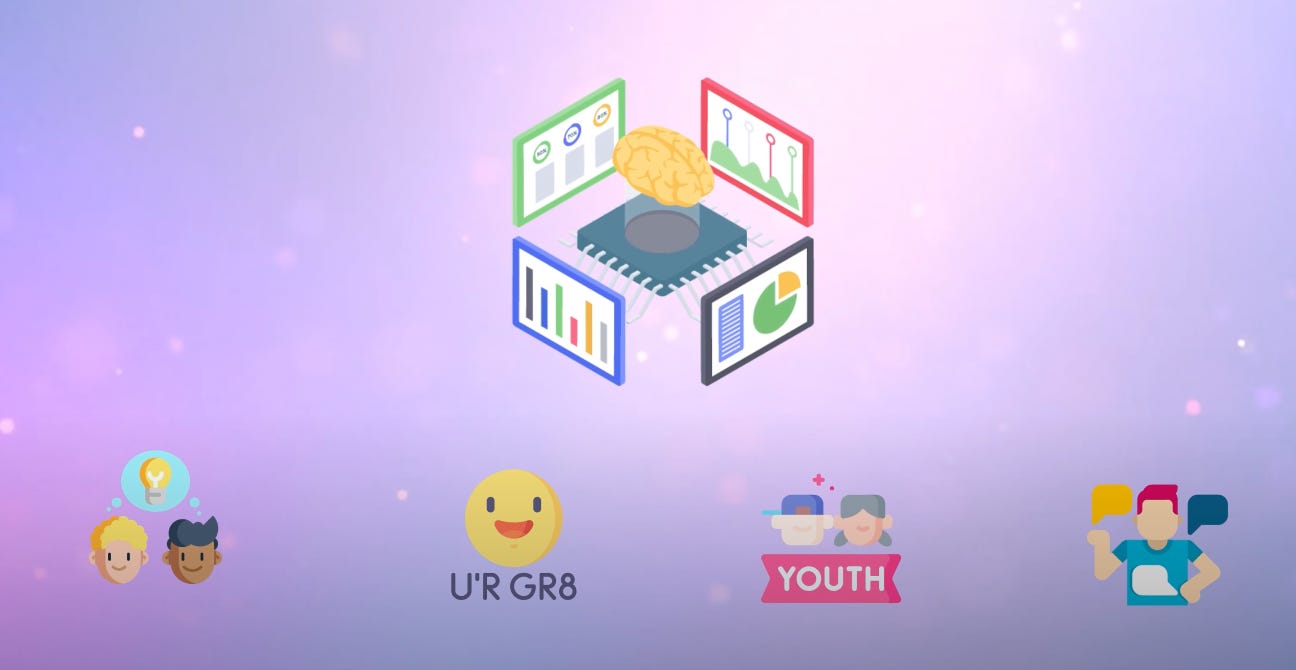Recently, xAI, or “Elon Musk’s” AI company, announced “Grok,” which has again taken the internet by storm. How will it differ from existing AI tools like ChatGPT and BARD? If Musk is again setting his head into this domain as a ruthless competitor, what strategies will he seek to throw ChatGPT and Bard out of the water?
On the xAI website, it’s mentioned that Grok will have access to search tools and real-time information. What does this mean? Let’s dive into this. One of the most significant advantages we believe provides a sharp edge to Grok is X. Yes, folks, Twitter was rebranded to X after Musk acquired it in 2022. We think this is the badass advantage over other AI tools because the other AI tools are not trained on social media interactions, which is where all the conversation happens. Google, Microsoft, and OpenAI do not own any social media platforms, so their models are restricted to what they crawl on the open web. This is a considerable limitation.
Twitter is a real-time platform where global trends, news, and public opinions emerge and evolve rapidly. Training Grok AI on this data could give it an unparalleled ability to understand and analyze current events, popular culture, and public sentiment as they unfold. This real-time awareness could make Grok AI exceptionally useful for applications requiring up-to-the-minute information, such as market analysis, public relations, and news aggregation. For example, Grok could recommend that people vote for a specific candidate during elections because politicians often rely on Twitter to share concerns. This is a game-changer!
Twitter's character limit has cultivated a unique style of communication that is concise yet impactful. By training on Twitter data, Grok AI could develop an instinct for delivering precise, to-the-point responses, which could be highly valuable in environments where brevity is essential, such as customer support chatbots, quick information retrieval systems, and social media management tools. If you think ChatGPT's responses are long and beating around the bush, Grok will be straight up and honest with its responses.
Twitter's diverse user base contributes a wide array of informal language, slang, and new linguistic expressions. Grok AI, trained on this dataset, would likely excel in understanding and using contemporary language, making it particularly effective for engaging with younger demographics and staying aligned with evolving language trends. Twitter's global platform encircles various viewpoints and opinions, providing Grok AI with a rich and diverse dataset. This exposure could enable Grok to offer more varied and inclusive perspectives, enhancing its functions in market research, social analysis, and cultural studies. This is particularly useful for news and information that surface during war times. For example, how do the Japanese think about current world affairs compared to the Russians?
With its training rooted in social media interactions, Grok AI could be exceptionally well-suited for navigating the nuances of social media engagement. This makes it a valuable tool for social media marketers, influencers, and brands looking to optimize their online presence and engagement strategies. For example, Grok could tell you why a particular Instagram influencer can bag in so many followers and why you can’t.
In summary, while ChatGPT or Bard are versatile conversational AIs with a broad base of knowledge, Grok AI's specialization in Twitter data could give it a distinct edge in areas like real-time trend analysis, concise communication, contemporary language usage, diversity in viewpoints, and social media dynamics. This specialization could make it a superior choice for applications that benefit from these strengths. With the existing tools, you may feel like you are talking to your dad, but with Grok, you may finally feel like there’s someone your age to help you with knowledge and information.
That’s all for this post. Please like and subscribe for more content like this.




